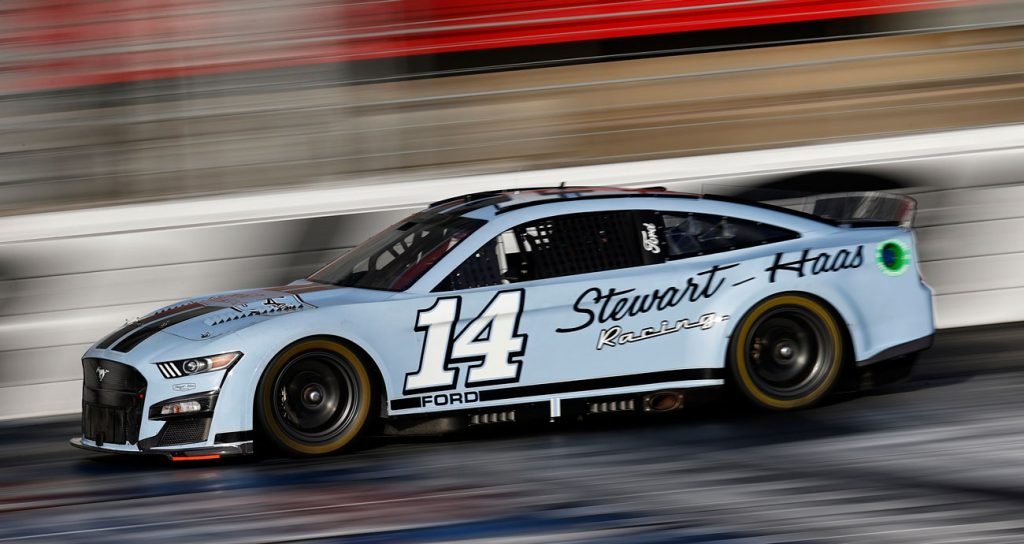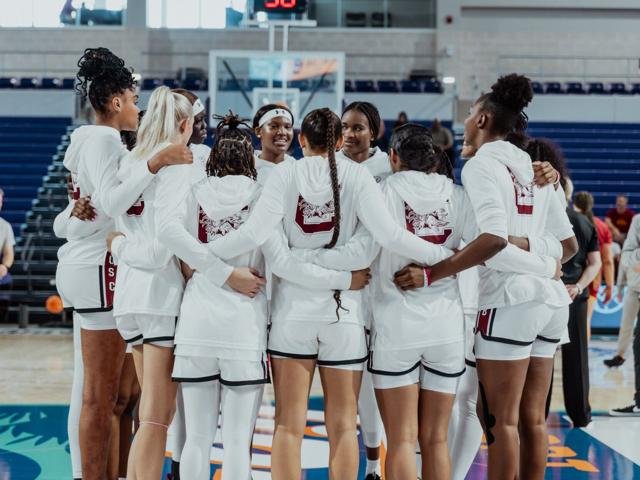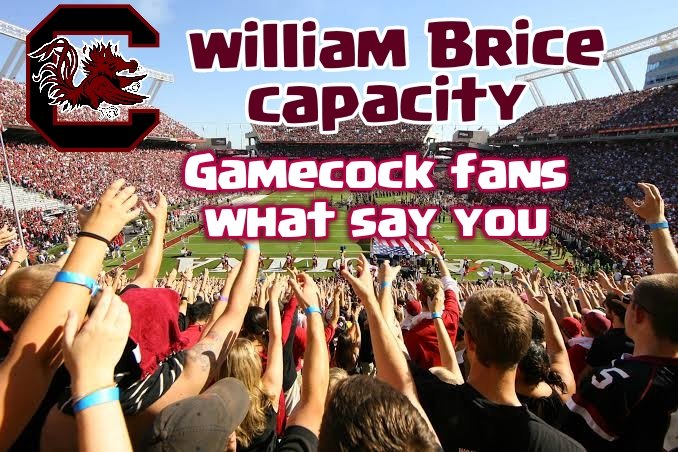NASCAR Responds to 23XI Racing and Front Row Motorsports Lawsuit, Seeks Dismissal
As anticipated, NASCAR has filed a motion to dismiss the lawsuit brought by 23XI Racing and Front Row Motorsports. The teams are seeking temporary charters during their ongoing legal battle against the sanctioning body.
This latest procedural filing follows the denial of the teams’ initial injunction request last month. After briefly appealing, the teams filed a second request for injunctive relief, citing “changed circumstances.” One highlighted circumstance was NASCAR’s November 16 decision to remove language from the non-chartered team entry blank that prohibited participants from suing the organization. Three other circumstances were redacted in public filings.
Monday marked NASCAR’s deadline to respond, and the sanctioning body made its arguments, accompanied by a dismissal motion from NASCAR CEO Jim France, who is also named as a defendant.
NASCAR Refutes Antitrust Claims
NASCAR’s filing, written by attorney Chris Yates, dismisses the teams’ claims, stating:
“Stripped of its bluster, Plaintiffs’ Complaint reflects nothing more than dissatisfaction with business negotiations that didn’t go their way.”
The motion argues that the lawsuit lacks merit as an antitrust case, pointing out that the statute of limitations on the 2016 charter language has long passed. NASCAR also emphasized that both teams have operated under the charter system for years without raising antitrust concerns until failing to secure preferred terms in recent renewal negotiations.
NASCAR’s motion highlights:
- 23XI Racing joined the grid in 2021 and Front Row Motorsports was a founding charter member in 2016, both agreeing to the terms they now contest.
- NASCAR asserts, “Front Row signed this release provision most recently on February 6, 2024, and 23XI signed it on March 14, 2024.”
The filing claims the teams’ grievances stem from unmet demands rather than genuine antitrust issues:
“They fail to plead any reduction in competition… and aim to renegotiate contractual terms rather than address genuine anticompetitive behavior.”

NASCAR also argues that increased charter values and revenue distributions contradict claims of monopoly or monopsony. The motion states:
“Plaintiffs concede the Charters are ‘worth millions of dollars,’ and NASCAR increased the revenues available to teams after the last round of negotiations. This behavior is the exact opposite of what one would expect from a monopsonist.”
Criticism of Team Negotiation Tactics
NASCAR accuses 23XI Racing investor Curtis Polk and the Team Negotiating Committee (TNC) of coercive tactics during 2025 charter negotiations. The TNC, which included leaders from top teams such as Jeff Gordon (Hendrick Motorsports) and Steve Newmark (RFK Racing), was established to negotiate collectively with NASCAR.
The filing alleges:
“Curtis Polk led the TNC negotiations and devised various coercive strategies… including boycotts, negative media campaigns, and threats to other team owners to ‘not break ranks.’”
Jim France’s Defense
Jim France also filed a motion to dismiss, asserting that the claims against him are baseless. The filing states:
“Plaintiffs improperly seek to drag NASCAR’s CEO, Mr. James France, into a legal battle motivated by Plaintiffs’ inability to secure all their preferred contractual terms… The absence of such allegations is fatal, and the claims against him should accordingly be dismissed.”
Charter Transfer Dispute
NASCAR confirmed its refusal to approve the transfer of two charters from Stewart-Haas Racing to 23XI Racing and Front Row Motorsports, citing the release provision that the teams oppose. NASCAR’s filing states:
“These charters were purchased fully aware that they contained a release provision, which needed to be accepted for any requested transfer to be considered.”

The teams argue that denial of charters would cause irreparable harm, prompting their request for temporary charters during litigation. Without them, 23XI Racing and Front Row Motorsports would need to field their additional cars as non-chartered “open” entries, which they claim would damage their business operations.
What’s Next?
With the court yet to decide on the temporary charter request, the fate of the disputed charters remains uncertain. NASCAR plans to move forward with 32 chartered teams and up to eight open entries for the 2025 season.
If the injunction is denied, both teams will be forced to operate without charters, which NASCAR argues does not guarantee irreparable harm. Meanwhile, Riley Herbst and Zane Smith are expected to drive the teams’ respective third cars under these uncertain conditions.
The case continues to highlight tensions between NASCAR and its teams over the structure of its charter system and broader competitive dynamics.



